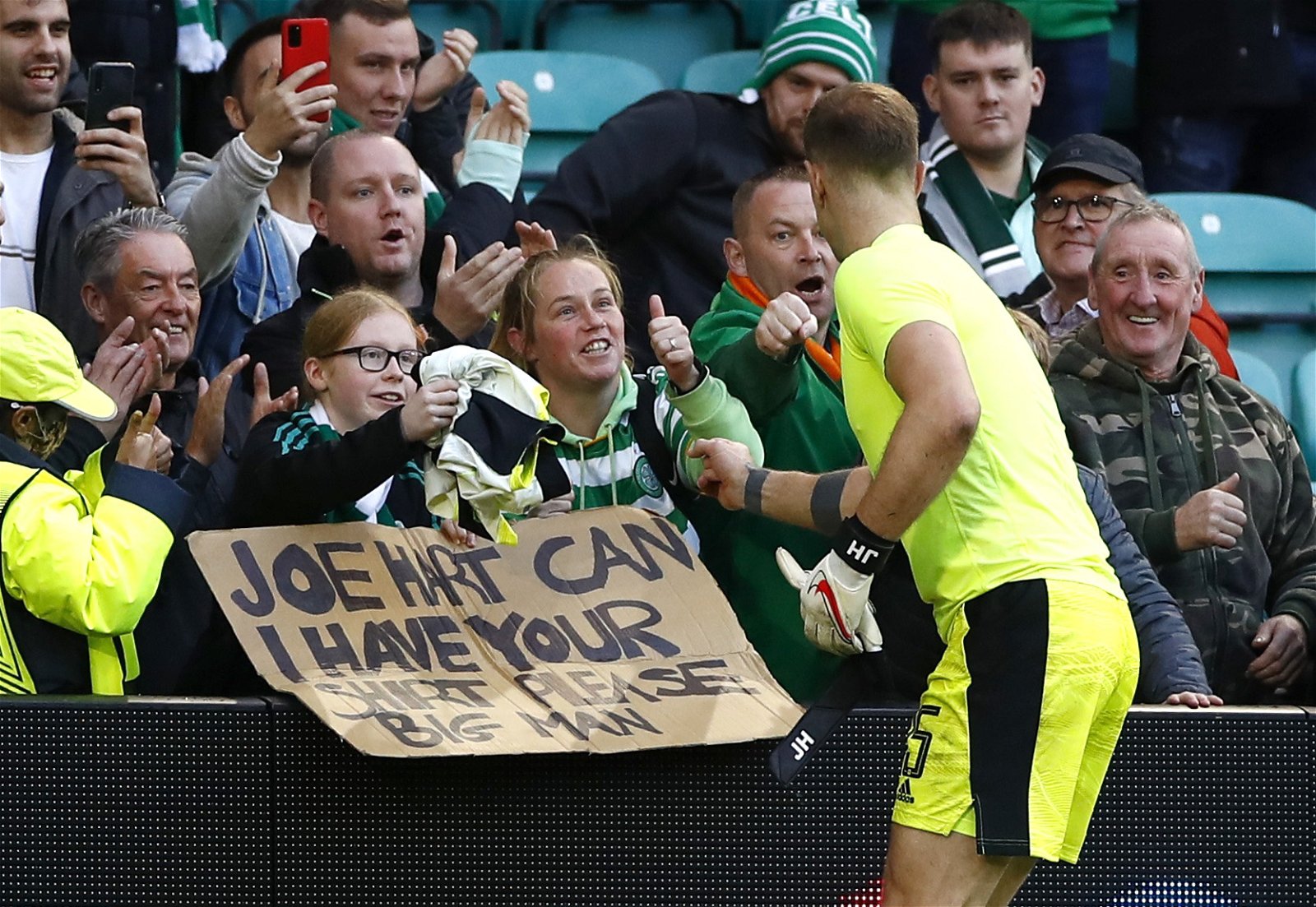In football, the bond between fans and players is sacred. It’s a relationship that transcends the boundaries of the pitch, creating a sense of unity and shared passion.
One of the manifestations of this bond is the tradition of fans requesting players’ shirts at the end of matches, a practice that has seen a significant increase in recent years. However, FC Copenhagen has recently announced a decision that has sparked a debate among football fans: the club will no longer permit signs from supporters asking for players’ shirts.
This decision, according to FC Copenhagen’s official statement, is due to the inability of the players or the club to meet the many requests, leading to disappointment, particularly among young fans. The club also highlighted the uncomfortable position it puts the players in, as they cannot fulfil these requests and may be perceived negatively for it.
The Upside
The tradition of players giving away their shirts to fans is a beautiful gesture that strengthens their bond. It’s a token of appreciation from the players to the fans for their unwavering support. For the fans, especially the younger ones, receiving a shirt from their football hero can be a memory they cherish forever.
From a Celtic perspective, we’ve seen past and present players engage in this tradition. It’s a testament to the strong bond between the Celtic family and its players. It’s part of the club’s ethos, a symbol of the unity and togetherness that the club stands for.
The Downside
The increasing number of requests for shirts and autographs has led to a situation where not all fans can be satisfied. This can lead to disappointment and negative experiences, particularly for younger fans. Moreover, it puts the players in a difficult position, as they cannot fulfil all the requests.

In the context of Celtic, we know how passionate and dedicated our fans are. The disappointment of not receiving a shirt or an autograph, especially for a young fan, can be quite disheartening. Furthermore, it’s important to consider the pressure it could put on players, who are already under immense pressure to perform on the pitch.
Recently, Celtic had to ban fans from turning up outside the training ground to get their memorabilia signed because too many people were turning up. This decision disappointed fans, but it raised the question of manageability. It becomes particularly galling when some individuals, who manage to get signatures, try to sell them for profit on social media, a practice that has been observed recently with Celtic.
The Price of Memorabilia
Another aspect to consider is the cost of official memorabilia. Like many other clubs, Celtic sells signed jerseys at prices that some fans find exorbitant.
While these items are undoubtedly valuable and unique, it’s worth questioning whether the club could make these souvenirs more affordable, thereby making them more accessible to a wider range of fans.
This could alleviate some pressure on players to give away their shirts and reduce the disappointment of fans who cannot obtain one.
Although, understandably, being handed a jersey from your hero would beat the experience of taking a signed jersey to the till.
FC Copenhagen’s decision, while it may seem harsh to some, is an attempt to manage expectations and prevent negative experiences for fans. It’s a reminder that while the bond between fans and players is important, the game itself should be the main focus.
While the tradition of giving away shirts and signing autographs is a brilliant gesture, ensuring that it doesn’t lead to disappointment, undue pressure, or exploitation is essential. We can see a point where more clubs take the same tact as Copenhagen.
Is it something that should be discussed, or is it harmless?







